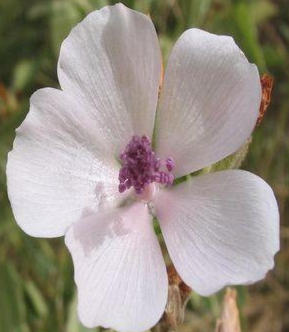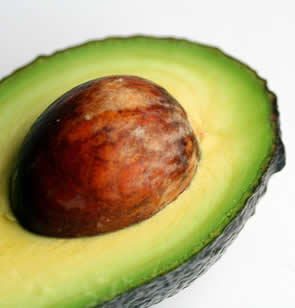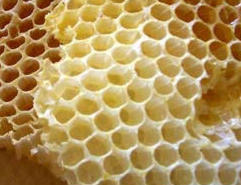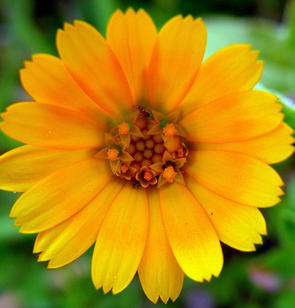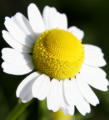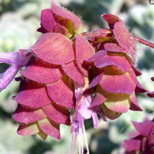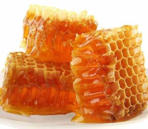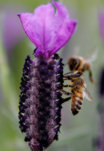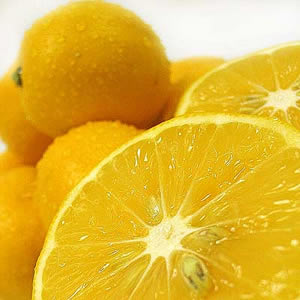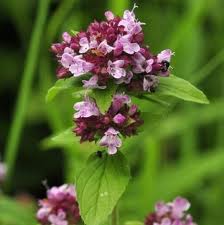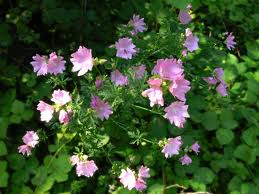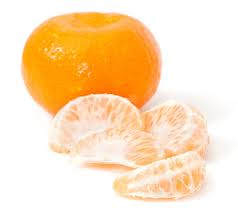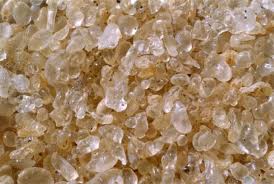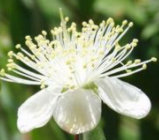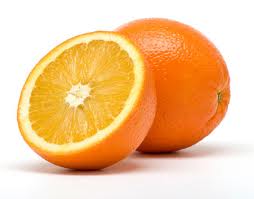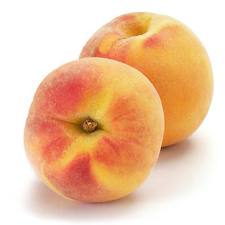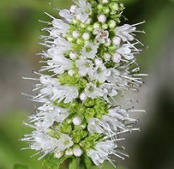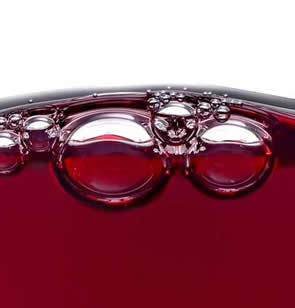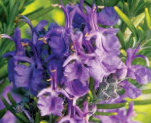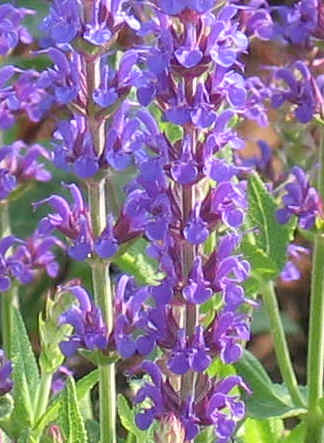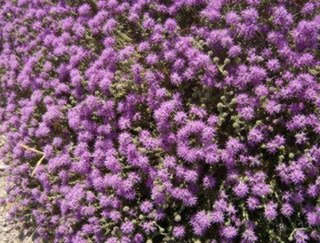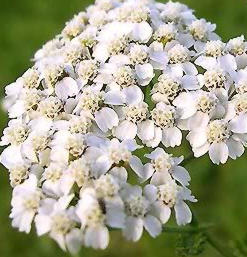
Basil (Ocimum basilicum)
The plant is an annual hairy herb growing up to 1 meter with round, often pointed leaves. It looks a lot like peppermint to which it is related.
The word basil comes from the Greek 'Basilicos' meaning 'king' or 'royal'. It is thought to have been another one of the herbs that Alexander the great brought to Greece in about 350 BC. Basil’s affiliation with the crown may be in part due to its use in regal medicine. It has been used in medicine for colds, coughs, bronchitis, asthma and emphysema. It has also been used to treat malaria and other epidemics; as an antidote to (poisonous) snake and insect bites. Basil was reputedly used by Dioscorides to treat headaches. |
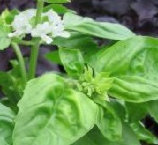 |
Health Benefits & Modern Medicinal uses
Research studies on basil have shown unique health-protecting effects in two basic areas: basil's flavonoids and volatile oils.
The unique array of active constituents called flavonoids found in basil, provide protection at the cellular level.
In addition, basil has been shown to provide anti-bacterial properties that are associated with its volatile oils. Lab studies show the effectiveness of basil in restricting growth of numerous bacteria.
Essential oil of basil, obtained from its leaves, has demonstrated the ability to inhibit several species of pathogenic bacteria that have become resistant to commonly used antibiotic drugs.
The eugenol component of basil's volatile oils qualifies basil as an "anti-inflammatory" food that can provide important healing benefits along with symptomatic relief for individuals with inflammatory health problems like rheumatoid arthritis or inflammatory bowel conditions.
Basil is a very good source of vitamin A and magnesium, which promotes cardiovascular health by prompting muscles and blood vessels to relax, thus improving blood flow.
Basil oil is very beneficial and can be helpful not only for headaches and migraines, but also has an uplifting effect on depression. It is effective in digestive disorders, ranging from nausea to hiccups, and for infections in the respiratory tract. It is useful for wasp and insect bites, particularly these of mosquitoes and also act as an anti-inflammatory agent, soothing both skin and scalp conditions.
The herb provides pro-vitamin A and vitamin K, both are essential for healthy skin and scalp. For those that have thinning hair, Basil has been noted to invigorate the scalp. Flavonoids found in Basil provide antiseptic and anti-bacterial properties. When combined with other herbs, Basil helps alleviate acne conditions and problematic scalp conditions. Basil has also been used for oral care products and aromatherapy.

